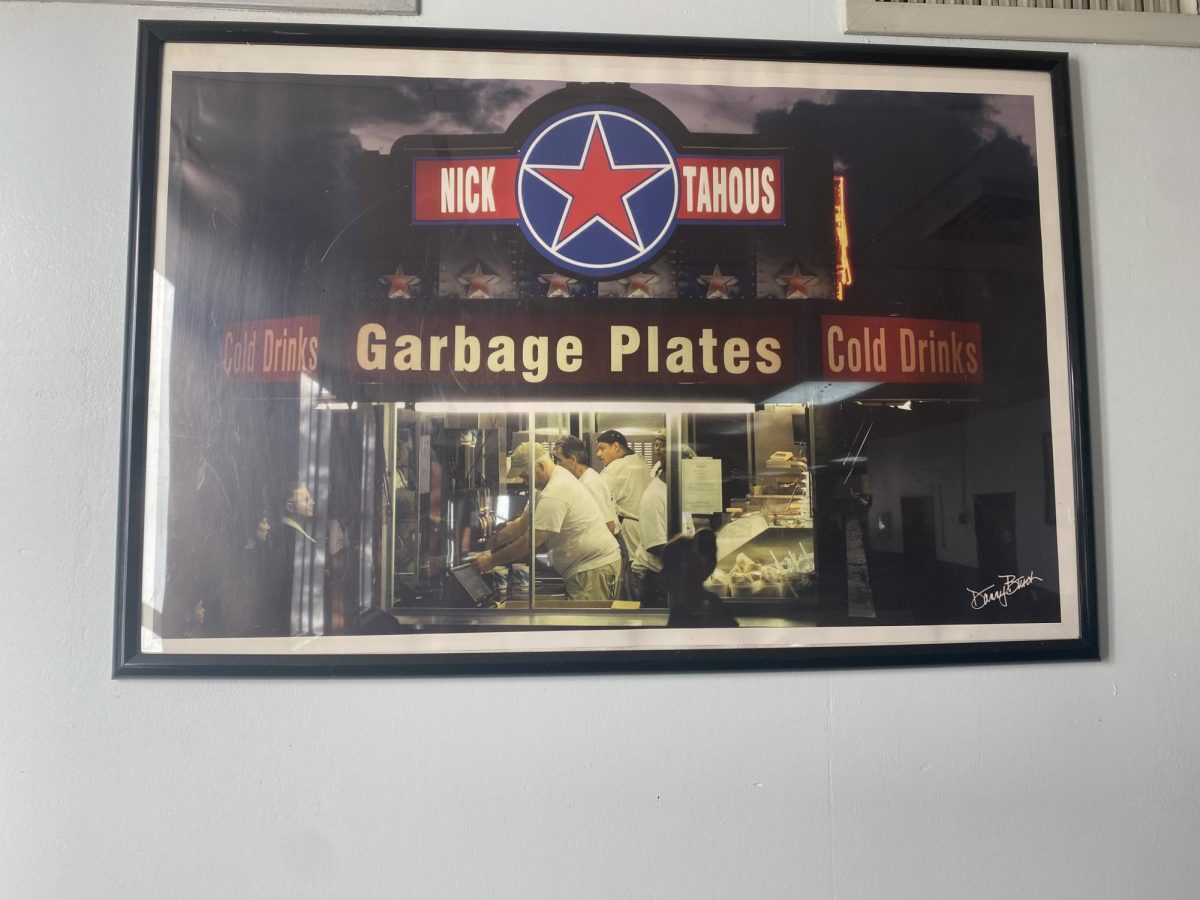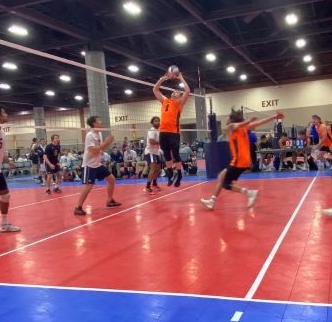Every day in the U.S., thousands of animals are abused, abandoned, and alone. Behind the numbers are desperate animals in desperate situations. Animal rights agencies around the world are overwhelmed, but remain hopeful for a solution.
According to the ASPCA, every 10 seconds an animal is abused in the U.S. causing animal cruelty rates to reach an all-time high. The Humane Society’s law enforcement department at Lollypop Farm is working harder than ever to combat animal cruelty in the Greater Rochester area.
In 2018, Humane Society law enforcement answered hundreds of calls reporting animal abuse. The majority of these involved dogs and cats; closely followed by horses and other livestock. From these calls, the department received nearly 350 animals and made 34 arrests in Monroe, Ontario, Genesee, and Livingston counties.
Vice President of Humane Law Enforcement, Reno DiDomenico says that the job is often misunderstood, but rewarding.
“We are not ‘dogcatchers’ and we aren’t gonna pull you over if you’re going 15 miles over the speed limit,” DiDomenico says. “Our job is to respond to cases of animal abuse or neglect and make arrests accordingly.”
The Humane Society’s law enforcement department does not pick up stray animals or help find animals their homes; this is the job of Animal Control in your designated area. The department relies on tips from locals in order to catch animal abusers in action.
“Most of the cases in our jurisdiction are misdemeanors which result in a fine for the perpetrator and seizing the animal from their care,” DiDomenico says. “Although we have had felony cases, but they are few and far between. Those usually involve organized cockfights or dogfights.”
Animal cruelty and abuse laws are not within federal jurisdiction and differ from state to state. For example, organized animal fighting is punishable by up to four years in jail and/or a $25,000 fine in New York State while, in Texas, the same crime is only punishable by up to two years in jail and/or a $10,000 fine.
The primary goal for the law enforcement department is to rescue animals in dangerous situations and punish those who put them there, but it has another goal that is equally as important; to educate the public on how do be a better owner and how to spot animal cruelty.
“The Humane Society is constantly running [advertising] campaigns to teach people how to spot animal cruelty,” DiDomenico says. “Also, a lot of people are unaware that they are actually being cruel to their animals by doing, what they think, are small things, like leaving their dog in the car on a hot day. Just teaching one person makes a difference.”
The Humane Society launches seasonal campaigns based on potential threats to animals at the time. The current campaigns in place are ‘Winter Weather Pet Safety’ and ‘Too Hot for Spot’. The Humane Society also creates campaigns featuring undercover investigators working in organizations to raise awareness for animal testing.
Dog lover and self-proclaimed parent to two fur-babies, Karen Poletta says that the Humane Society helped her be a better owner.

“It probably sounds so stupid, but I didn’t know that some of the things I was doing was hurting my fur-babies,” Poletta says. “I saw this campaign about why you shouldn’t leave your pet in a car alone and it startled me. Same goes for why you shouldn’t give your pets onions.”
While rescuing animals from cruel situations and educating the public already positively influences the community, the law enforcement department also deals with the common partnership of animal cruelty and one other issue– domestic violence.
Studies have shown that people who abuse animals often abuse people as well. According to the Humane Society, nearly 83 percent of animal abuse cases last year also revealed domestic violence within the families.
“It’s a very sad and true fact,” DiDomenico says. “When you walk up to an abuse case, you have to be open to the possibility that there are other victims there aside from the animal.”
DiDomenico says that neither he or his team is qualified to deal with domestic violence cases nor are they legally allowed to take actions on any of these suspicions, but that doesn’t stop the department from trying to help.
“We all carry small, concealable business cards on us during these cases,” DiDomenico says. “They have some information on domestic violence shelters in the area and we hand them out if we have sneaking suspicions; maybe that’s not enough, but it’s something and I hope it makes some sort of difference.”
DiDomenico says that he and his team knows how difficult it is to make a difference with issues like animal cruelty and domestic violence, but they hope that educating people on these issues and reaching out is enough to influence change.
Although the task of rescuing animals of abuse is daunting, there are hundreds of people in the area that are dedicated to making a difference one animal at a time.
Owner of BRP Construction and pet parent, Brandon Perinozo says that he is aware of the animal abuse crisis and tries to make a difference by adopting; not shopping.
“I think people choose not to adopt because they don’t want to deal with the baggage,” Perinozo said. “But, when you think about it, we have baggage too and they’re more than willing to deal with that.”

Perinozo says that the relationship between he and his dog, Diesel, is stronger because Perinozo rescued him from a deadly situation.
“Diesel was about to be euthanized when I met him,” Perinozo said. “I think that, because I rescued him, I appreciate him so much more and he trusts me more too.”
While animal cruelty rates are at an all-time high, the Humane Society is working hard to make a change in the community and community members are working hard to change lives one pet at a time.
If you suspect animal cruelty, contact the Humane Society’s Animal Cruelty Hotline: (585) 223-6500.

























